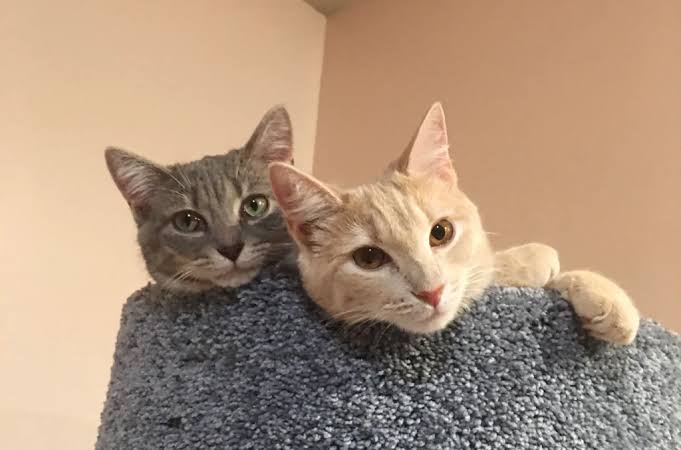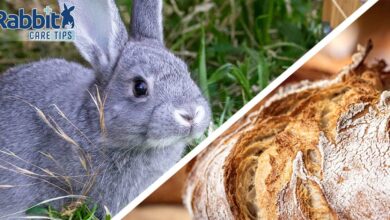Meta Description:
Discover the transformative impact of socialization on pet happiness and well-being, unlocking a world of joy and fulfillment for your furry companions.
Pet ownership brings immeasurable joy and companionship, and as responsible caretakers, it’s essential to prioritize the happiness and well-being of our beloved animals. In this insightful blog post, we delve into the profound influence of socialization on the happiness of pets and explore effective strategies for nurturing their social development.
Understanding Pet Socialization
Socialization is a foundational element in the development of healthy and well-adjusted pets. It involves exposing animals to diverse environments, experiences, people, and other animals from an early age to help them build confidence, resilience, and positive associations with the world around them. Proper socialization contributes to reduced anxiety, enhanced adaptability, and improved behavior, ultimately fostering a happier and more fulfilling life for pets.
Early Experiences and Exposure
The critical period for socializing pets typically occurs during their early developmental stages, which varies by species but generally encompasses the first few months of life. During this formative period, introducing puppies, kittens, or other young animals to a wide range of stimuli, including different people, environments, sounds, and objects, lays the foundation for their future social interactions.
Exposure to various situations and stimuli at a young age helps pets become accustomed to novel experiences, reducing the likelihood of fear or aggression towards unfamiliar circumstances later in life. Positive exposure to children, adults, other pets, and everyday occurrences such as car rides, walks, and grooming routines contributes to a well-socialized and emotionally balanced pet.
The Role of Consistent Social Interaction
Regular, ongoing social interactions are essential for maintaining and reinforcing the benefits of early socialization in pets. Just as humans need continuous social contact to thrive, pets also require consistent opportunities to engage with others to maintain their social skills. This can include regular playdates with other animals, trips to the dog park, participation in pet clubs or training classes, and even family gatherings where pets are welcomed. These interactions not only prevent feelings of loneliness and isolation but also help pets to build a robust behavioral repertoire, making them better equipped to handle new and potentially stressful situations with greater ease and confidence.
Human and Animal Interactions
Regular and positive interaction with humans and other animals is crucial for promoting social skills and emotional intelligence in pets. Encouraging gentle play, supervised introductions to new animals, and providing opportunities for structured socialization activities, such as group training classes or pet-friendly outings, nurtures healthy relationships and builds trust and confidence in pets.
Furthermore, involving pets in family activities, allowing them to accompany owners on walks, visits to dog parks, or pet-friendly events, and facilitating positive encounters with a variety of individuals fosters a sense of security and belonging for pets within their social circle.
Dog Boot Camp: A Gateway to Canine Sociability
For pet owners in the Portland area seeking to enrich their dogs’ social skills, enrolling them in a dog boot camp can be an excellent opportunity. These immersive training experiences are tailored to help canines of all breeds and ages learn to navigate social situations with poise and confidence.
Portland’s dog boot camps often feature a blend of individual training sessions, group classes, and real-world practice, all conducted under the guidance of professional trainers. Such programs are not only valuable for encouraging proper canine etiquette but also for reinforcing the bond between dog and owner—ultimately contributing to a happier, more sociable pet.
Ongoing Social Enrichment
Socialization is an ongoing process that continues throughout a pet’s life. Regular exposure to a diverse range of experiences, environments, and social interactions reinforces their adaptability and mental well-being. Enrichment activities, such as puzzle toys, interactive games, and sensory stimulation, provide mental and emotional engagement, contributing to a fulfilled and happy pet.
In addition, participating in obedience training, agility courses, or organized playdates with other pets offers valuable opportunities for social learning, mental stimulation, and the development of positive social behaviors. These activities not only contribute to a pet’s happiness but also strengthen the bond between the pet and their human companions.





